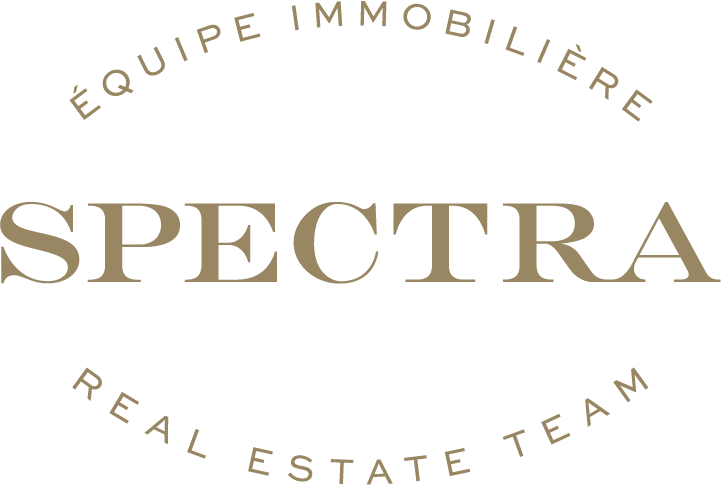What’s the difference between residential & commercial?
The main difference between residential and commercial properties is their primary designated use.
Residential properties are intended for dwelling purposes, whereas commercial properties are intended for business purposes.
The line gets a little blurry when we look at income properties, because although they contain residential dwellings, they’re acquired as a means to generate revenue for the owner.
So if I live in my office, car, store, or barn, it’s considered as a residential property?
No.
And if any of those reflect your current situation, please reach out to us immediately so we can help get you sorted out.
What about land or vacant lots?
The type of zoning will determine which category the land falls into and thus what type of construction will be permitted upon it.
What about properties that contain both residential and commercial units?
These are considered mixed-use properties.
A tax specialist must be consulted to determine the percentage of the residential and commercial portions as it will affect the transaction.
Examples of residential real estate
Examples of commercial real estate
How do these categories affect me?
As a buyer, they'll affect your financing
The minimum downpayment for residential mortgages starts at 5% for an insured mortgage and 20% for a conventional (uninsured) mortgage.
Commercial mortgages start at 15% and 25% respectively.
To learn about the differences between insured and conventional mortgages, read this article.
When you apply for a residential mortgage, lenders will be more focused on your financial situation (credit score, income, assets, debts and liabilities, etc.) and less on the property itself.
In contrast, when applying for a commercial mortgage, lenders will be more interested in the financial situation of the property (potential revenue, operating costs, type of tenants, etc.) in order to determine the loan amount.
Disclaimer: This doesn’t mean you can finance a commercial property with a negative credit score, massive debts, and a history of bankruptcy just because you found a great deal.
As a seller, they'll determine whether or not the sale is subject to taxes (GST/QST)
When things are sold in Quebec, they’re often subject to the Goods and Services Tax (GST) and the Quebec Sales Tax (QST).
The good news: residential properties are exempt from such taxes… In most cases.
The exceptions being:
The initial sale of a newly constructed building or one that has undergone substantial renovations (90% or more).
If 50% or more of a residence was used as a place of business. In such cases, only the portion used for business is subject to taxes.
The bad news: all commercial properties, with the exception of multiplexes, are subject to taxes.
As a lessee or lessor, they'll affect your rights and obligations
Residential leases are governed by the Civil Code of Quebec and are quite strict with about as much room for negotiation as a 5 year old pleading to their parents to hand over the keys to the car so they can pick up some beer on the way to the Metallica concert.
Knowing your rights as well as your obligations is key to avoiding disputes after the lease has been signed.
Commercial leases are governed by the Uncivil Code of the Jungle. They’re as flexible as a contortionist so it’s important to be able to negotiate the terms and conditions to your full satisfaction and benefit before signing.
CONTACT US TO LEARN MORE
You can reach us by using our contact form, sending an email to [email protected], or using the information below.





